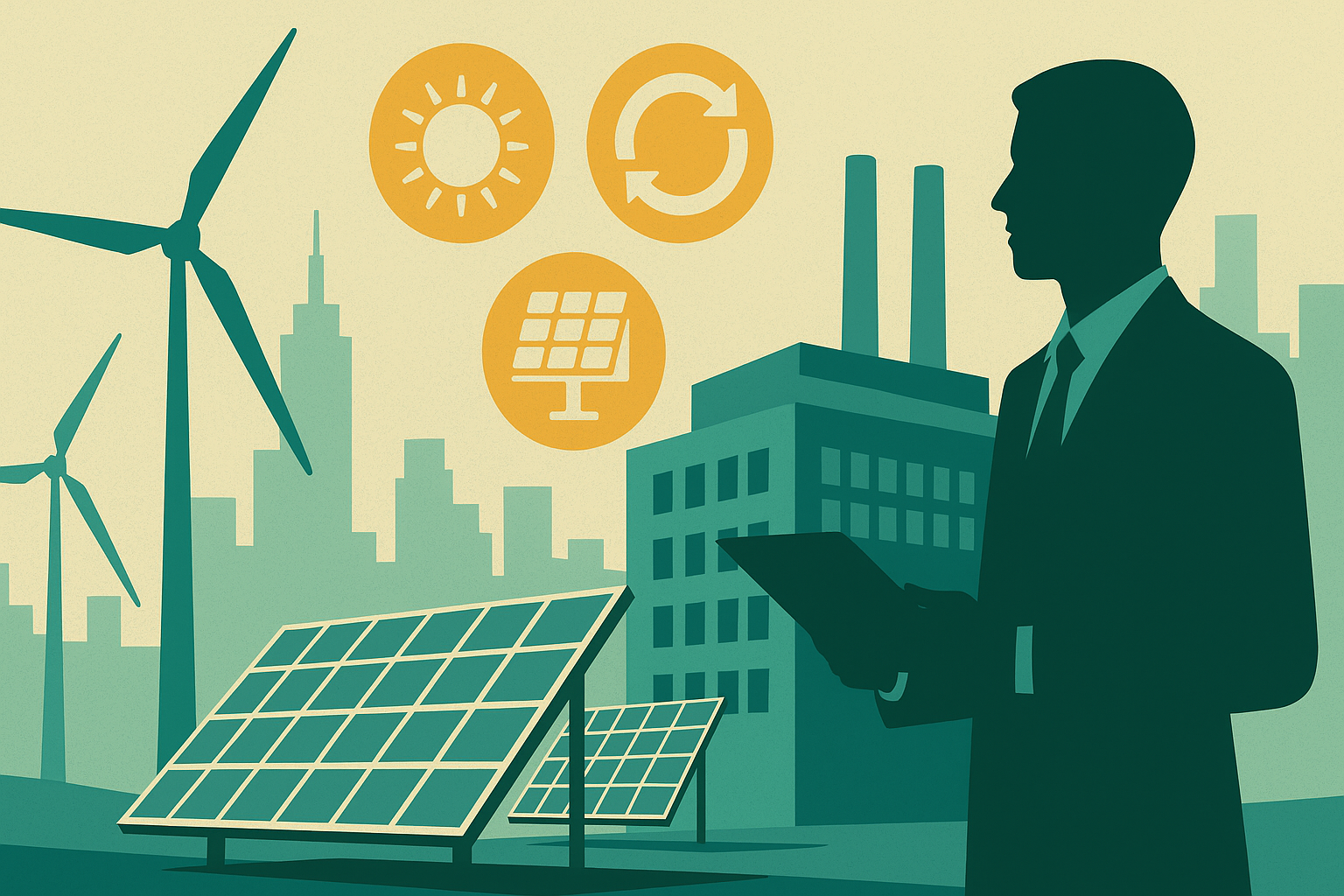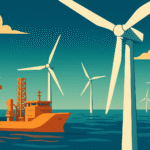European businesses are increasingly integrating renewable energy and sustainable practices into their operations, recognizing the continent’s €1.5 trillion green energy transition not just as a regulatory mandate, but as a strategic opportunity for innovation and growth.
From established global players like IKEA to rising firms such as Stegra, companies across industries are embracing clean energy to reduce emissions, improve operational resilience, and gain a competitive edge in a rapidly changing market.
IKEA: Advancing Sustainability Goals
Swedish retailer IKEA continues to expand its sustainability leadership. The company now sources over 85% of its energy from renewable sources and remains on track to become climate-positive by 2030.
Lena Pripp-Kovac, IKEA’s Chief Sustainability Officer, highlighted that investments in wind and solar energy are motivated by both environmental and business considerations. “Sustainability is integral to our cost strategy, supply chain resilience, and customer engagement,” she said.
IKEA has developed wind farms and solar parks across Europe, including in Germany, Poland, and Spain. It has also launched services to help customers install solar panels, signaling its diversification into renewable energy solutions.
Stegra: Growth Through Green Innovation
Czech industrial automation firm Stegra has embedded green energy into its core operations. The company now powers its production sites using on-site solar energy and locally sourced green hydrogen.
CEO Jakub Novak noted that this shift has boosted the company’s appeal to clients seeking environmentally responsible partners. “Sustainability has opened new market opportunities and partnerships, especially in Western Europe,” he stated. Stegra has reported consistent revenue growth, driven by its ESG-focused strategy.
The Broader Green Investment Landscape
The European Union’s Green Deal and climate policies have catalyzed significant investment across sectors. The projected €1.5 trillion needed for renewable infrastructure by 2030 is unlocking public-private initiatives in areas ranging from energy storage to circular manufacturing and clean logistics.
Corporate Power Purchase Agreements (PPAs) for wind and solar have become widespread. In 2024 alone, businesses in Europe signed agreements covering over 25 GW of renewable energy capacity — a new record.
Competitive and Regulatory Drivers
Analysts emphasize that green strategies now serve as a market differentiator. “Sustainability is a core business model, not just a regulatory checkbox,” said Dr. Miriam Becker of the European Climate Foundation. She added that early adopters are well-positioned to gain market share and enhance brand value.
The implementation of the Carbon Border Adjustment Mechanism (CBAM) — which imposes levies on carbon-intensive imports — further incentivizes European companies to decarbonize, ensuring stronger competitiveness in global trade.
Looking Ahead
While the transition to green energy brings challenges, including infrastructure demands and workforce upskilling, the momentum among European businesses continues to grow. Companies that invest now in sustainability are likely to emerge as leaders in the future low-carbon economy.
With climate urgency mounting and policy frameworks evolving, the shift toward renewable energy is not only essential — it’s increasingly seen as smart business.








